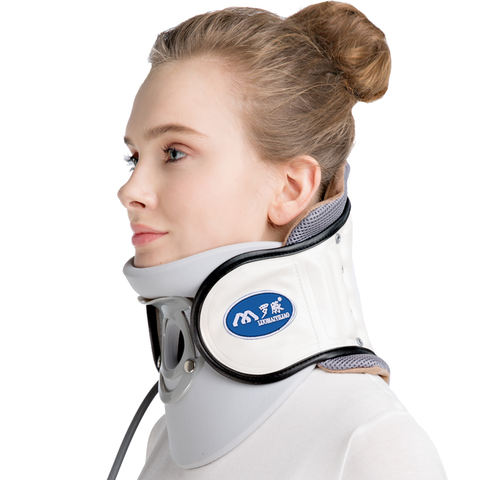Many middle-aged and elderly people pay attention to their health and consult with doctors about the need for nutritional supplements. However, some people neglect health management and are unaware that folic acid is not only important for pregnant women but also beneficial for the middle-aged and elderly population.
Studies show that most Chinese people do not consume enough folic acid, with this phenomenon being particularly prevalent among middle-aged and elderly individuals. Their diets may be relatively monotonous, with insufficient intake of vegetables and fruits. Some individuals also have alcohol consumption habits. Combined with poor small intestine absorption function or chronic gastrointestinal inflammation, this results in hindered folic acid absorption. Additionally, diabetic patients may lose a certain amount of folic acid due to frequent urination, further exacerbating the deficiency. The lack of folic acid is associated with elevated levels of homocysteine in the body, which may promote vascular changes, increasing the risk of diseases such as stroke, dementia, thrombosis, and arteriosclerosis. Therefore, supplementing folic acid in moderation is particularly important for maintaining vascular health in middle-aged and elderly individuals.
Regarding the long-term supplementation of folic acid, there are significant individual differences, and it should be done under medical guidance. For middle-aged and elderly individuals diagnosed with conditions such as hypertension and stroke, folic acid supplementation is particularly necessary, but the dosage should be controlled, and blood indices should be monitored regularly to adjust the supplementation strategy. Those with mild deficiencies can improve their diet by increasing the intake of leafy vegetables and soy products.
It is worth noting that although folic acid is beneficial, excessive intake may lead to side effects and must be used with caution. Before starting supplementation, factors such as individual constitution, metabolic abnormalities, allergic history, and other health conditions should be considered to determine whether combined medication is necessary.
The dosage of folic acid supplementation should be scientifically reasonable and not arbitrarily increased or decreased. Middle-aged and elderly individuals with obesity or digestive absorption disorders may need to adjust their supplementation amounts. When making a purchase, carefully check the product dosage, be attentive when switching product types, consult a doctor if necessary, and ensure appropriate supplementation.
A balanced diet is crucial for preventing nutrient deficiencies. Trying a variety of foods helps ensure comprehensive nutrition. Additionally, maintaining good gastrointestinal function enhances the absorption efficiency of nutrients, preventing the loss of nutritional value in food. When cooking, choose light cooking methods or consume foods raw to reduce folic acid damage, increase its bioavailability, and maximize health benefits.


